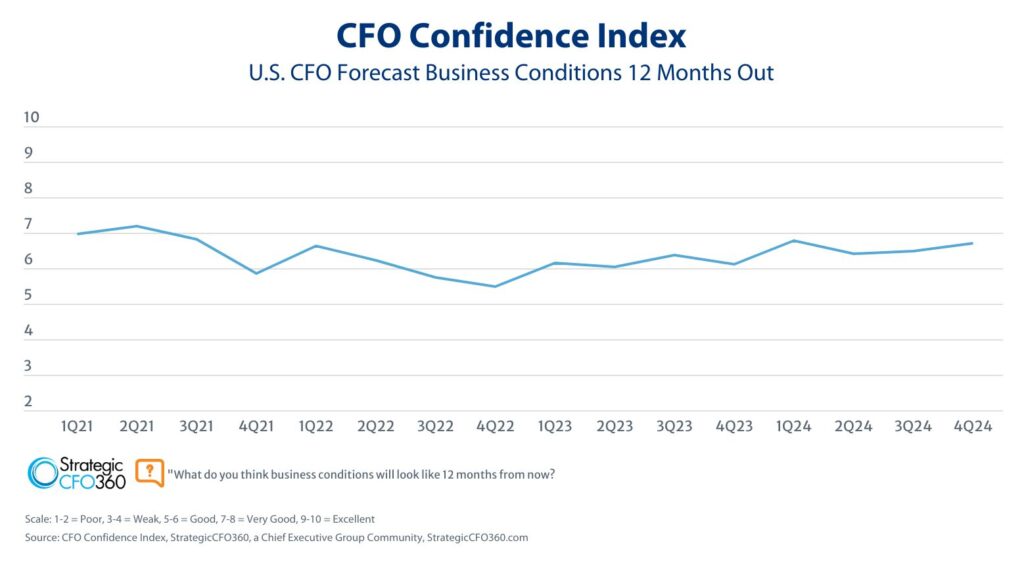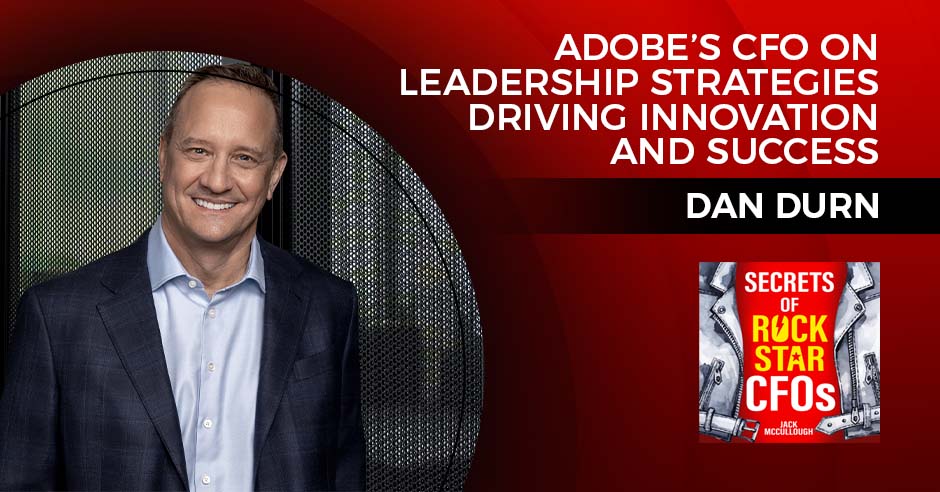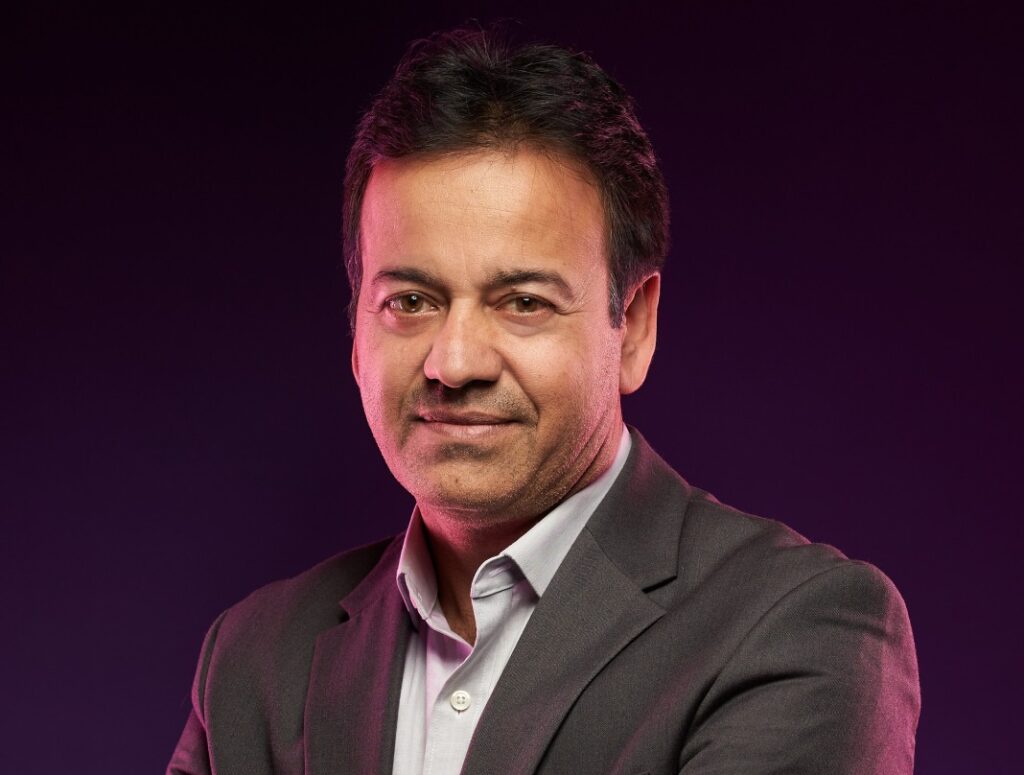Show me a new technology and I’ll show you an unintended consequence.
The Finance & Accounting Technology Expo this week was an all-too-brief window into what CFOs and their teams struggle with daily. Established industry players, startups and CFOs had a lot to say about the current challenges. Here are three of the most important to the future of finance and accounting technology.
Data Runneth Over
“I haven’t yet run into an organization that doesn’t have data problems,” said Guy Bar-Gil, product manager of Safebooks AI, a new financial data governance platform. The startup’s existing customers look to Safebooks to build hardy data governance processes and lend a hand during audit season.
Attendees like Stephan Ruiz, former CFO of the World Economic Forum, want to “get to the data more easily.” Ruiz told Chief Executive Group’s Dan Bigman he was on the hunt for a dynamic dashboard that changes based on who’s viewing the data.
There is hope. The data maturity process enables a lot of automation, said speaker Glenn Hopper, head of AI R&D at Eventus Advisory Group. “AI may be what propels finance to a higher level of data maturity,” said Hopper. GenAI could also remove some of the speed bumps to accessing data. “It’s not about the democratization of data,” Hopper said, “it’s the democratization of data science.”
AI, Anyone?
FATE was sprinkled with AI skeptics: the unconvinced, the disbelieving and the suspicious. They were balanced out by the passionate, the vehemently optimistic and the exuberant but rational.
Some CFOs came to FATE to find AI solutions that would vanquish their teams’ rudimentary tasks and simplify the finance tech stack. But many came to just learn—the task of educating finance executives about AI is still in its early innings.
“Half of the people using AI have no idea what it means,” said Jonathan Einav, CEO and co-founder of fintastic. Many people think AI is AGI—artificial general intelligence, the ability to perform any intellectual task a human can. “That doesn’t exist yet; sorry to break the news,” Einav said.
Niyati Chhaya, co-founder of Hyperbots, called the term commoditized and said it’s the responsibility of Hyperbots and other tech suppliers to explain what they are doing with AI. Said Chhaya: “We can’t behave like a closed system—not sharing, not explaining what’s happening to the user. A significant effort needs to go into that.”
Cost Vs. Value
What’s vexing CFOs most about tech? A growing tech stack that hogs resources, the opacity of IT spend and the higher prices this year for cloud and SaaS solutions. On average, the price per employee of the solutions Vertice tracks rose 26% in 2024, said Jared Greenberg, VP of North American sales for the cloud and SaaS spending optimization provider.
In a time when profitability is paramount, CFOs want to measure the value of all of this IT buying. They need to marry purchases and ongoing costs and utilization rates, for one. Additionally, they need to understand when they sign the first contract whether they’re getting the vendor’s best price.
“Even some finance executives at large companies rely on their networks to compare what they’re paying,” said Greenberg. “But it’s hard to find a like-for-like example based on company size and industry.”
A startup called Moneta (founded by a member of the CFO Leadership Council) is tackling a growing problem in this area: interpreting the inscrutable billing information from hyperscalers like AWS and Azure.
“We do a very poor job and struggle with taking that cloud bill and allocating it,” said former CFO and Moneta founder Shan Edwards. “We need finance and accountants involved.”







